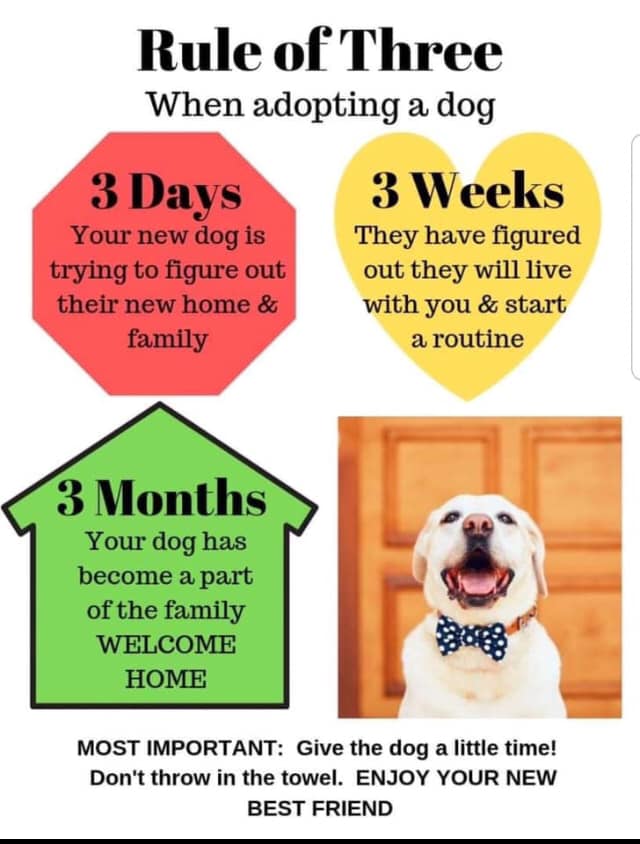Please take time to read the information below about adopting a pet. Then click here to submit an adoption application. Why should I adopt? If you have room in your home and in your heart for a new dog or cat, pet adoption makes sense for lots of reasons. Here are just four of them:
An older dog might fit in better with your loyal old Labrador than a rambunctious torpedo of a puppy. Senior dogs are generally calmer and less active. A senior dog enjoys an easy going walk and a comfortable bed to relax on after the walk. So, there are plenty of good reasons to adopt your next pet, but probably the best reason to adopt a dog is that you just might meet your new forever best friend. What else do I need to know? Health. If you already have a dog or cat at home, make sure that your new pet has a clean bill of health from a vet before exposing your other animals to any risk. This is particularly important if you adopt from a municipal shelter, where veterinary care is usually minimal. Rejection Collection Boxer Rescue will guarantee the health of your new pet to the best of our ability and will see to it that the animal has been tested for any contagious diseases, received the necessary shots, and been spayed or neutered before you take him or her home. Spay/Neuter. Rejection Collection Boxer Rescue will spay/neuter animals before placing them in a home whenever possible. If the current health of the dog being adopted is such that it cannot be spayed/neutered, we will work with you to arrange a surgery date with one of our supporting vet clinics. Children. A new pet in the house is an exciting event for youngsters, but don’t let their enthusiasm turn into a nightmare for you or the new animal. Being pulled from under the bed by eager little hands or being flopped on by a child is very distressing to most animals, and especially for those in unfamiliar surroundings. Their only recourse is to scratch, snap, or run. Two out of three of these natural responses are likely to land them back in the rescue, which is hardly fair to the dog. Teach your children to respect animals as they would any other playmate. If their new pet doesn’t want to play for now, teach your children to leave him or her alone. This is especially important in the case of senior dogs who may not see or hear an approaching child and be easily startled. Behavior. While your new pet may turn out to be the perfect lady or gentleman from day one, it is more likely that he/she will take a little while to adjust to new surroundings and routines. Be patient. Be positive. Yelling or hitting an animal in order to correct unacceptable behavior will only make matters worse and will not be tolerated. Behaviors like chewing, digging, and separation anxiety are just as common in dogs who come with a pedigree from a breeder as they are in dogs who have been rescued. Most behavior problems can be straightened out with patient and consistent application of a few simple training techniques.
|











